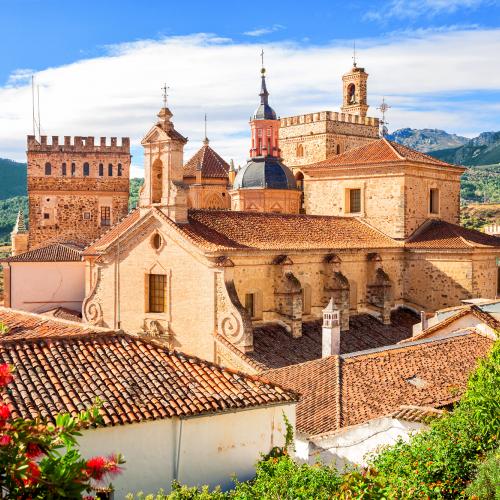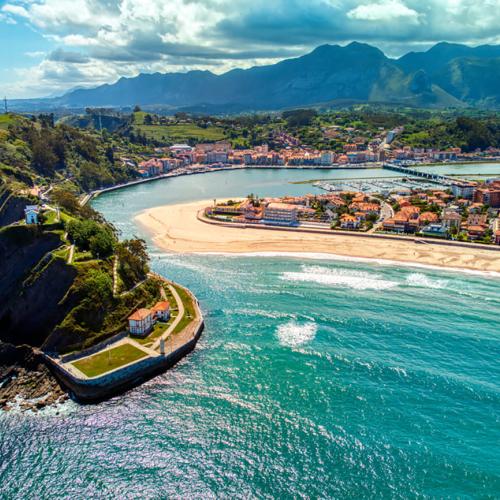This week is significant. It is a date for the acceptance and recognition of the outstanding role of women in history and in past, future and present-day society. At Paradores we want to draw attention to these women, congratulate them for their hard work and pay tribute to women who changed the course of events. Through a handful of destinations and routes we have the opportunity to discover their valuable contribution. Monuments, streets and museums reflect their courage and personality. Stay at Paradores and embark on a special route dedicated to female icons that may surprise you.
Margarita Salas, a scientist who paved the way for women in science
Salas’ passion for research led her to achieve major successes such as being the fourth Spaniard and the first female member of the US National Academy of Sciences. She discovered a method for analysing reduced DNA samples, a true revolution for science, as she managed to raise more than six million euros for the Spanish National Research Council (Consejo Superior de Investigaciones Científicas). Sala’s tireless career leaves no doubt that she served as an inspiration to thousands of female researchers who today follow in her footsteps.
A good way to explore the universe of Margarita Salas is to visit the Parque de la Vida in La Mata. This contains a life-size recreation of her laboratory, her work tools, including the lab coat she used to wear while doing her research at the Centre for Molecular Biology in Madrid, thanks to a donation from her daughter, Lucía Viñuela Salas. Just half an hour away, a beautiful Galician mansion awaits you, the Parador de Ribadeo, in the midst of a fishing and tourist village. From there, decide for yourself whether you prefer to find out more about Galicia's fishing culture or enjoy the famous Asturian cider.
I WANT TO BOOK AT THE PARADOR DE RIBADEO
The Ferrol monument that rewards the perseverance of Concepción Arenal
The Spanish thinker, journalist, poet and playwright Concepción Arenal was a self-assured, resolute woman who never took no for an answer. From her childhood she was interested in knowledge. However, the regime of the 19th century placed barriers in the way of girls seeking access to education. Arenal began by attending basic classes on how to behave in society at the school in Tepa, but her interests went much further. Self-taught, she studied philosophy and science, and some time later, disguised as a man, she attended the Faculty of Law at the University of Madrid. After some time, the chancellor discovered her true identity and the young woman had to pass an exam to prove her excellent qualities as a student.
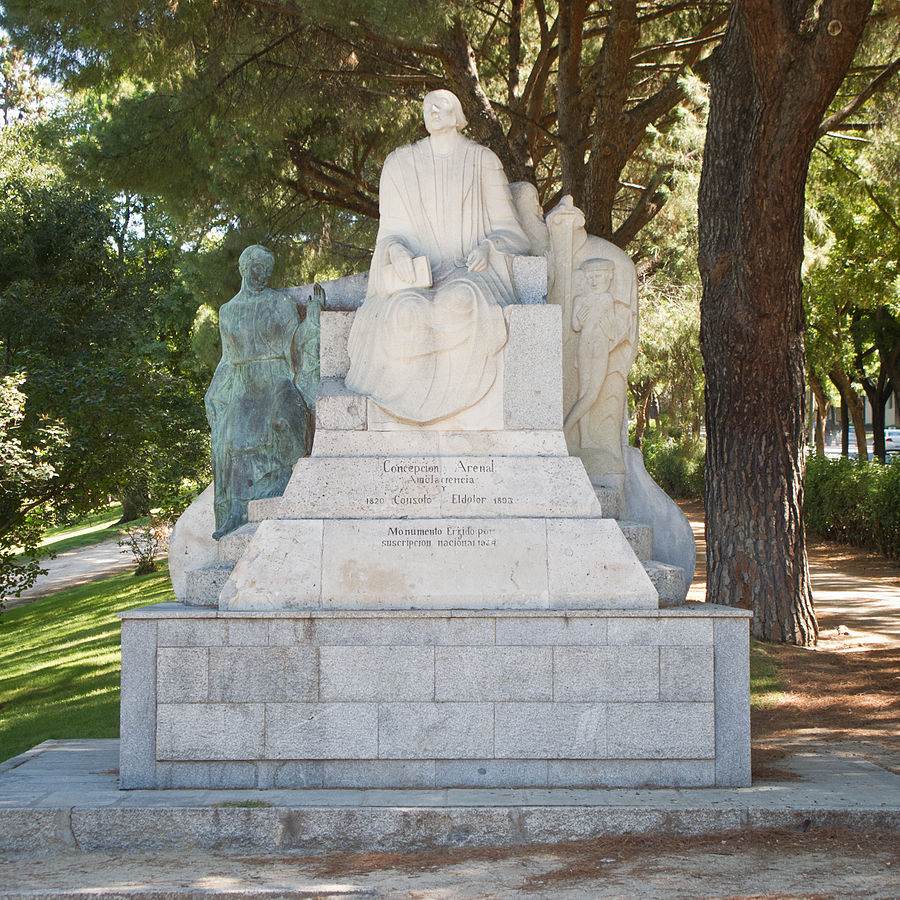
However, although she passed the challenge with flying colours, the society of that time could not afford to allow women into the educational landscape. Thus, the solution was to allow her to attend classes and graduate without a degree. Years later, after the revolution of 1868, the population moved towards a more progressive stance and Arenal seized the opportunity to defend the role of women in education. She published works including La Mujer del Porvenir, Estado Actual de la Mujer en España and La Mujer Trabajadora. She went down in history for achieving several feminist milestones, including the creation of the Association for the Education of Women and the School of Governesses. Today, her hometown, Ferrol, pays tribute to the illustrious academic with a monument in Fernando VI Street. The Parador in this Galician town is the perfect choice for a tour of the town where this promising young woman was born. From our terrace, enjoy the best views of the sea and the impressive La Magdalena district. Inside the hotel, all the details that reveal the maritime tradition of the place await you, a tradition Concepción would have known like the back of her hand.
I WANT TO BOOK AT THE PARADOR DE FERROL
The House - Museum of Rosalía de Castro and her feminist legacy
Rosalía de Castro is still remembered for her work on behalf of women. Her most popular works are Cantares Gallegos and Follas Novas. In the pages of these books, the famous poet reflects on Galician rural life, the conditions of women and the meaning of existence. During her career, she faced the difficult challenge of trying to make her way in a sector where men had the dominant voice. Her publications were harshly criticised for being excessively romantic and simple. Far from giving up, Rosalía continued to enjoy literature and today she is known as one of the great masters of the Galician "Rexurdimiento".
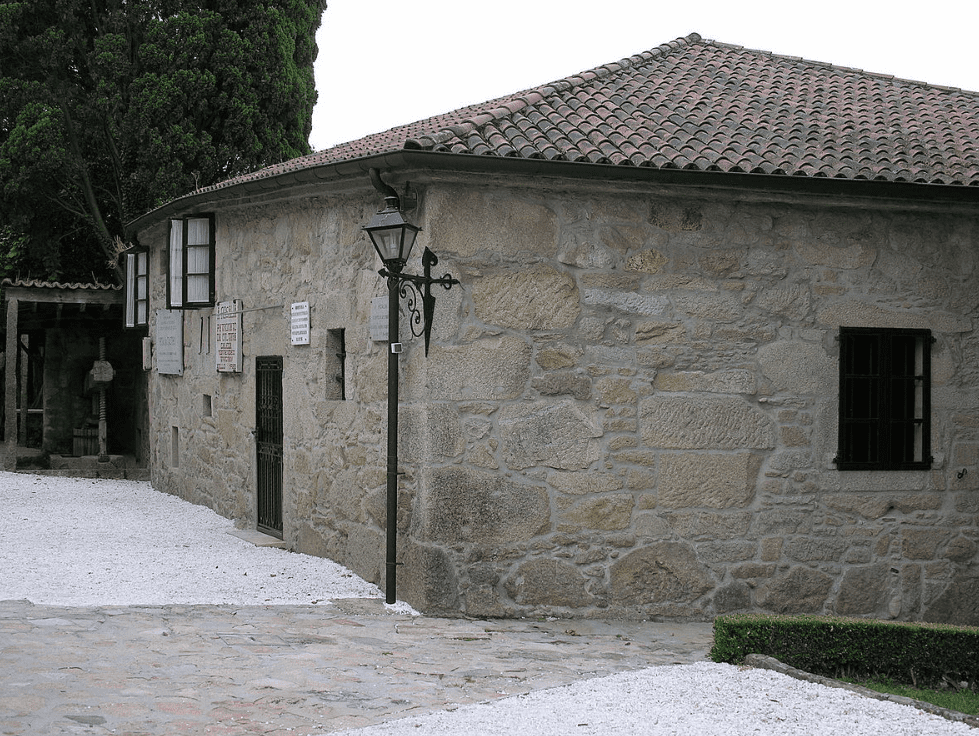
To discover all the secrets of Rosalía de Castro’s life first-hand, why not plan a trip to the Parador de Santiago de Compostela, the place where the poetess and novelist was baptised, and where the baptismal font is still conserved. A most spectacular building whichever way you look, starting with the Plateresque façade and continuing with the four cloisters, the elegant corridors and passageways and the majestic bedrooms. From there, head for the Casa da Matanza de Padrón, the house where the acclaimed writer died accompanied by her daughter Alejandra. Today, it has been converted into a house-museum and is the perfect setting to gather information about her work and references to what was her family home. Afterwards, visit Rosalia’s tomb in a privileged spot in the Pantheon of Illustrious Galicians, in the monastery of Santo Domingo de Bonaval.
I WANT TO BOOK AT THE PARADOR DE SANTIAGO DE COMPOSTELA
Women as protagonists of architectural landmarks
Little is said about women in construction. Matilde Ucelay was the first Spanish woman to graduate in architecture and the first woman to be awarded the National Architecture Prize in 2004. In addition to these decorations, she had the honour of being a member of the Official College of Architects of Madrid, although after the Civil War her situation as a woman caused her a series of difficulties. Not only was she inactive for five years, but she was also banned from holding public office and fined 30,000 pesetas.

The final setbacks in Matilde’s career did not prevent her work from surviving over the years. Her style was dominated by simplicity, but always with a couple of embellishments to give her creations a unique touch. Her primary aim was to make the most of the functionality of buildings by placing cupboards in every available corner. The Oswald House, a residential building in the Puerta de Hierro district of Madrid, is the masterpiece of her repertoire. The Parador de Alcalá de Henares, just a stone's throw from the capital, is the best place to discover more about Ucelay's admirable past. After finding out all about the details of her life, why not stop off at the Hostería del Estudiante. This small period restaurant, located in the Manzana Cisneriana, occupies the historic Colegio Menor de San Jerónimo. Traditional recipes such as cocido madrileño (stew), sopa boba alcalaína (soup), migas (breadcrumbs) and quebrantos (scrambled eggs, chorizo and pork) are dishes you must try.
I WANT TO BOOK AT THE PARADOR DE ALCALÁ DE HENARES
Rocío Jurado: a feminist discourse ahead of her time
Music gave birth to one of the greatest Spanish copla singers, Rocío Jurado. Her extraordinary voice and her dedicated artistic career still resonate strongly with the thousands of fans that 'La Insuperable' managed to conquer. But a curiously striking fact is her feminist discourse, far ahead of her time. La Niña de los Premios' made short work of the image of women that was held at the time. Her ideals in favour of divorce, the abolition of prostitution and sex education highlighted her desire to move forward. And as for the lyrics of her songs? Lo siento mi amor or Amores a solas addressed a taboo and controversial subject.
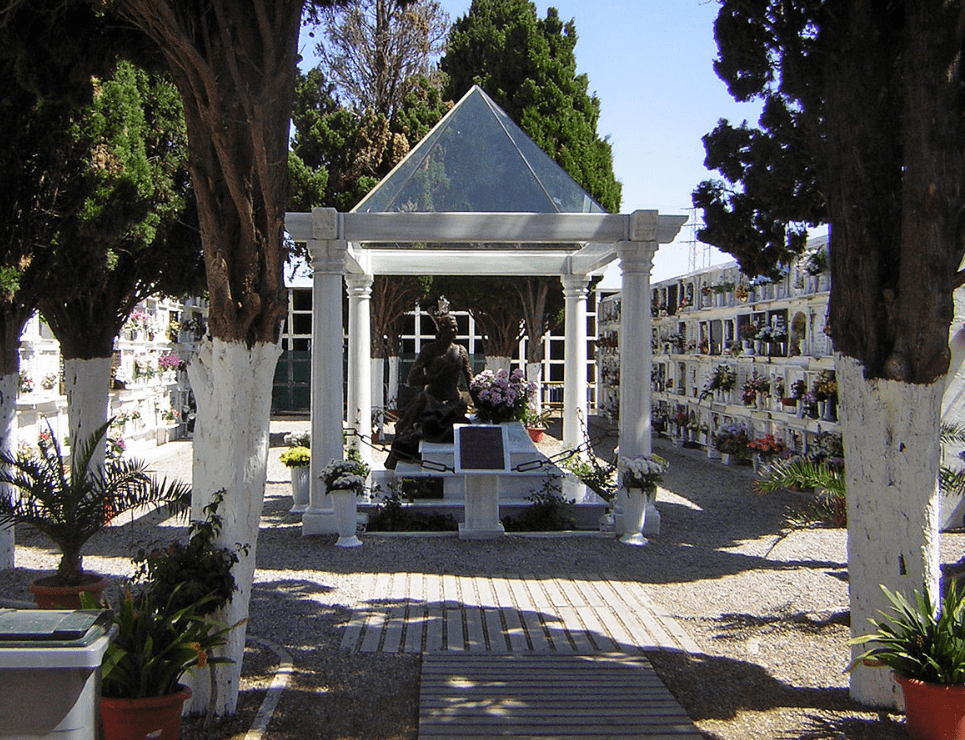
The town of Chipiona in Cadiz is home to an important part of the singer's artistic legacy. This is not surprising, as Rocío Jurado was an unofficial ambassador of the town. A visit to the Rocío Jurado Interpretation Centre is a must. There you will find an interactive musical area and a section dedicated to her early years on the tablaos and on television. In the avenue that bears her name, you will come across the monument built in tribute to Rocio and the mausoleum in which she is buried. All these places are easy to visit if you stay with us at the Parador de Cádiz. A haven of modernity where relaxation is guaranteed. From the serenity enjoyed from the balcony of your room with views of Caleta beach, to the feeling of wellbeing you can experience in its immense spa.
I WANT TO BOOK AT THE PARADOR DE CÁDIZ
What about women today?
Today, women have brought innovation, freshness and talent to the international scene. Singers, journalists, scientists, artists, managers... We could write a book on all the areas where women continue to set milestones. These might include Carme Pinós. Earlier we mentioned how construction, a priori, seems to be a sector dominated by men. However, Carme has won several awards, including the National Prize for Architecture and Public Space of the Generalitat de Catalunya or the First Prize of the IX Spanish Biennial of Architecture and Urbanism.
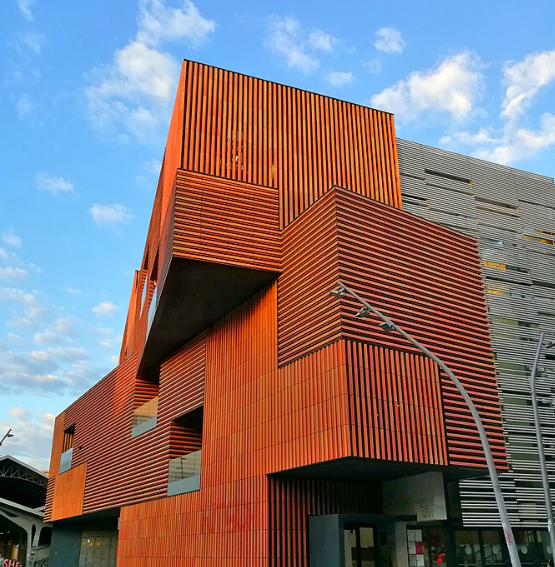
These awards, added to the work she has carried out for decades, have led her to have an enviable influence in the profession, especially in Europe and America, and even to teach at the prestigious universities of Harvard and Columbia. Some of her most notable projects include the remodelling of the historic centre of Barcelona, from the Plaça de la Gardunya, the Massana Art School and the rear façade of the Boqueria Market. Visit the Parador de Vic - Sau and be amazed by the work of this renowned architect. However long you stay, we will make you feel at home. The Parador is a beautiful farmhouse, surrounded by the splendour of the Guilleries mountain range. The tranquillity of the surroundings encourages rest and relaxation for visiting all the vestiges that our main route has to offer.
I WANT TO BOOK AT THE PARADOR DE VIC - SAU
We do not have enough lines to study all the women who have marked a before and after in history. However, we cannot conclude without mentioning Carmen de Burgos, the first professional journalist in Spain and war correspondent. In Níjar you can explore the main spots mentioned in her work 'Puñal de Claveles', based on the crime of Cortijo del Fraile. Clara Campoamor, Victoria Kent, the intellectual María Zambrano, Carmen Martín Gaite and many others who left their mark in Paradores also deserve all our attention in this special week.

